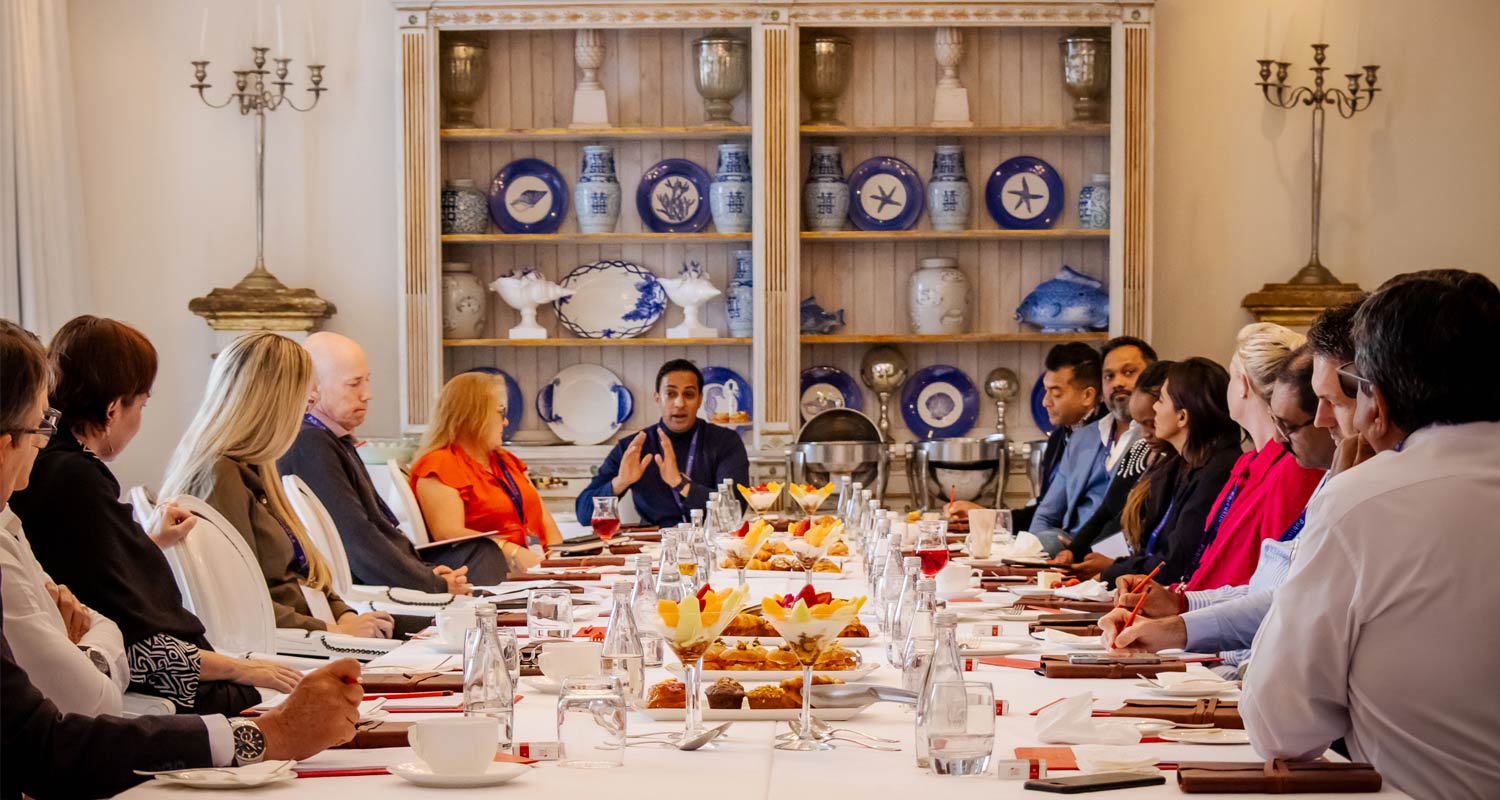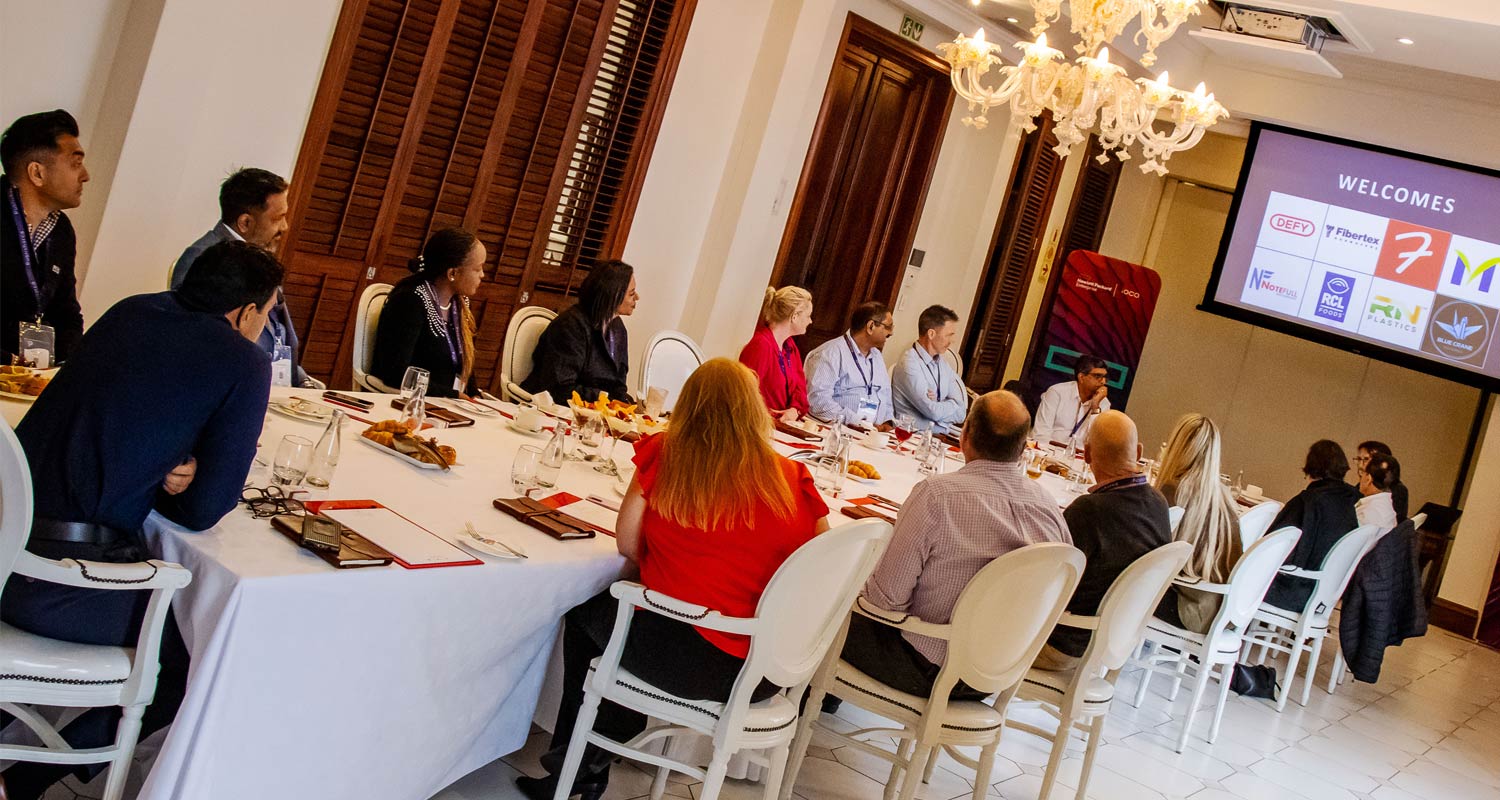 South Africa’s manufacturing sector finds itself at a critical juncture. The market landscape is in constant flux, driven by both internal and external factors, including globalisation, infrastructure constraints, supply chain disruptions, consumer preferences and challenges related to skills development and workforce challenges.
South Africa’s manufacturing sector finds itself at a critical juncture. The market landscape is in constant flux, driven by both internal and external factors, including globalisation, infrastructure constraints, supply chain disruptions, consumer preferences and challenges related to skills development and workforce challenges.
To thrive in this constantly changing environment, manufacturers must rely on their most valuable assets: people and technology.
To delve deeper into these dynamics and explore strategies to position manufacturing operations to ensure their continuity, TechCentral hosted a round-table conversation sponsored by HPE and iOCO at the Oyster Box in Umhlanga.
Participants unanimously agreed that manufacturers encounter a multitude of challenges as they strive to stay ahead in today’s competitive business landscape. But while the road ahead may be challenging, it is also filled with opportunities for those willing to adapt and evolve. With a strategic vision, investments, the right talent and skills, and a commitment to adaptability, South African manufacturers can become significant players in the global manufacturing arena.
South Africa’s manufacturing landscape is a complex tapestry woven from challenges and opportunities. The forces of globalisation and ever-evolving market dynamics have subjected it to heightened competition from emerging markets and global players. This drives local players to explore new export markets while adjusting to changing trade dynamics.
Industry 4.0
The rapid adoption of Industry 4.0 technologies, including the industrial internet of things (IIoT) and automation, is revolutionising traditional manufacturing processes, leading to improved efficiency and productivity. Sustainability concerns are also driving changes in manufacturing practices, with companies increasingly adopting eco-friendly processes, reducing waste and addressing environmental concerns to meet global sustainability standards.
The Covid-19 pandemic also highlighted vulnerabilities in global supply chains. South African manufacturers are now placing greater emphasis on supply chain resilience, including localised sourcing and digital supply chain management.
Moreover, the industry is grappling with skills shortages and the need for a more technologically adept workforce. Inadequate infrastructure such as energy supply and logistics also remains a challenge, as does the policy and regulatory environment.
Growth and transformation
However, participants agreed that these challenges also present opportunities for growth and transformation. Improvements in infrastructure can strengthen competitiveness and facilitate industry expansion.
Addressing skills shortages through comprehensive training programmes will result in a more capable and adaptable workforce. Companies that prioritise sustainability will not only meet market demands but also access global markets that value environmentally responsible products.
Embracing digitalisation and automation enhances efficiency and productivity, positioning local entities as leaders in the evolving global manufacturing landscape. In essence, while this sector faces its share of obstacles, it also holds great promise for those willing to innovate and adapt to the changing market dynamics.
Informed decision-making
In the digital age, data serves as the lifeblood of any industry, and the participants agreed that manufacturing is no exception. IIoT has unleashed a deluge of data from machines, sensors and devices on the factory floor. South African manufacturers are harnessing this data to gain profound insights into their operations.
Advanced analytics and machine learning algorithms are being employed to identify inefficiencies in production processes, optimise supply chains, and improve product quality.
 The insights derived from these technologies empower manufacturers to make informed decisions that enhance competitiveness. While the convergence of IT and operational technology (OT) offers numerous benefits, it also presents new challenges, particularly in terms of cybersecurity and ensuring IT availability without compromising data security.
The insights derived from these technologies empower manufacturers to make informed decisions that enhance competitiveness. While the convergence of IT and operational technology (OT) offers numerous benefits, it also presents new challenges, particularly in terms of cybersecurity and ensuring IT availability without compromising data security.
As a result, manufacturers are investing in redundant systems, regular data backups and robust cybersecurity measures to minimise downtime and protect sensitive data. The integration of data-driven insights, cloud technologies and a culture of cybersecurity awareness is essential to achieving this delicate balance.
Balancing act in a changing landscape
To remain competitive and ensure operational continuity in a rapidly evolving and challenging environment, South African manufacturers continuously reassess their strategies and embrace innovative approaches to navigate the intricacies of the modern business landscape.
These strategies encompass diversification, digitalisation, improved communication, scenario planning and a commitment to local sourcing, all to ensure the continued availability of essential inputs and the seamless flow of goods to meet customer demand.
TechCentral, HPE and iOCO thank those who participated in the round-table discussion.
- This promoted content was paid for by the party concerned




